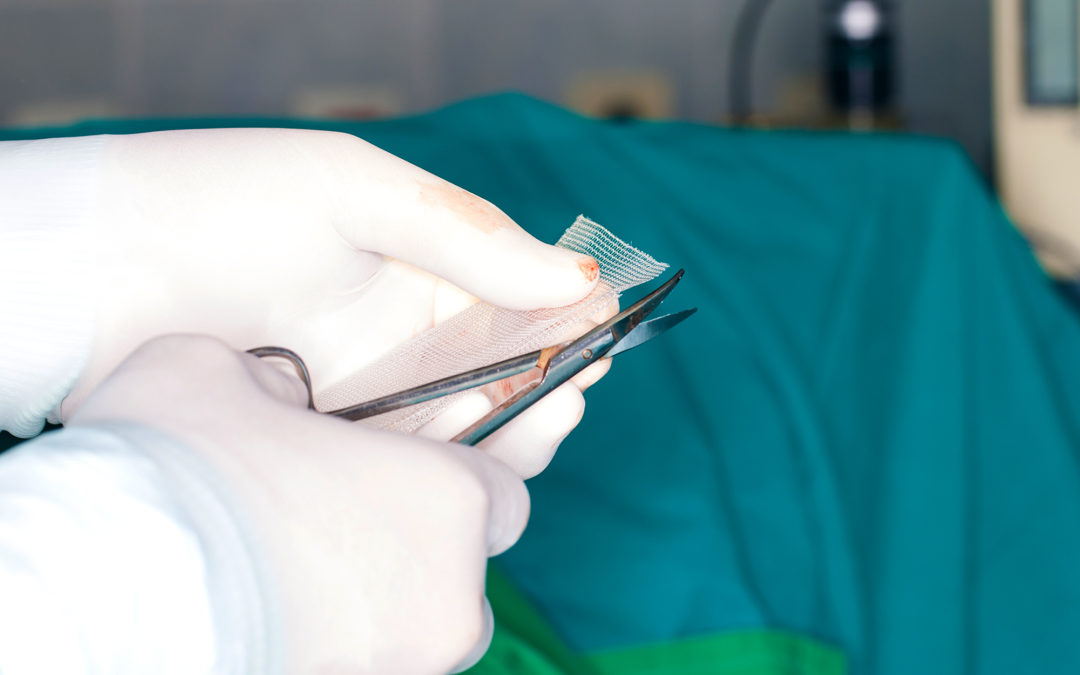Date of Hernia Mesh Litigation Moved
As of December 18, 2022, the C.R. Bard hernia mesh litigation (MDL) across multiple districts continues to expand, with an additional 273 cases joining its ranks over the past month. This brings the total number of pending hernia mesh lawsuits involving C.R. Bard products reached 18,227—a 23 percent increase since the beginning of 2022—marking it as the second largest mass tort in the nation behind only the 3M earplugs MDL.
The date for the third bellwether trial, originally scheduled for February 2023, has been postponed to May 2023. Meanwhile, rumors related to a potential settlement continue to circulate as we await further developments in the hernia mesh MDL.
Third Bellwether Trial Delayed
The ongoing federal Bard hernia mesh MDL before U.S. District Judge Edmund A. Sargus, Jr. in the Southern District of Ohio has been paused as a court-appointed master works to facilitate settlement negotiations between the parties involved in the hernia mesh litigation. Currently, there are nearly 18,000 product liability lawsuits pending in the MDL, all involving allegations that plaintiffs suffered painful complications due to design defects associated with certain polypropylene mesh products such as Bard Ventralex, Bard 3DMax, Bard Perfix and Bard Ventralight. The start date for the next bellwether trial has been delayed until May 2023 while these negotiations continue. No reasons for the delay were offered, and it is unknown at this point when the fourth trial, scheduled for May 2023, will start.
Signs of Complications From Defective Hernia Mesh
Hernias are often repaired with surgical mesh, a medical device. Implanted in the upper stomach, groin or abdomen, it closes openings in damaged muscles or supports weakened tissues. Nonetheless, some hernia meshes can cause life-threatening complications and exhibit a high failure rate.
There is a possibility that complications can occur months or even years after surgery to put an implant in place. The symptoms of a patient may be severe and easy to detect or mild and harder to work out. Multiple symptoms may occur at once in some cases. Following are the most common complications that occur as a result of an implant that has given rise to mass hernia mesh litigation:
- Infections: Infections of the surrounding tissue and organs in the abdominal region can occur if bacteria from the mesh becomes trapped or interacts with existing infective microbes in the area.
- Migration: Faulty hernia mesh may migrate away from its original implantation site and erode into other areas of the body, causing discomfort and additional medical complications.
- Obstruction: Obstructive symptoms can be caused by a defective hernia mesh when it shifts or migrates to a place that obstructs the passage of food, liquids or waste through the digestive system.
- Bowel obstruction: Bowels can become blocked due to hernia mesh migration, causing severe constipation and abdominal distention.
- Sepsis: Sepsis occurs when bacteria from a foreign object enters the bloodstream, leading to an infection that spreads rapidly throughout the body. This complication is rare but potentially life-threatening if not treated immediately.
- Tissue death: Tissue death (necrosis) can occur if defective hernia mesh becomes embedded in the surrounding tissue or organs, leading to infection, pain and loss of movement.
- Mesh rejection: Some individuals may experience an allergic reaction to certain materials used in hernia mesh implants, leading them to reject it altogether. In these cases, surgery may be required in order to remove and replace the faulty device.
Olinde Law Firm: Defective Hernia Mesh Lawyers
If you suffer from a hernia mesh injury, you should hire an attorney to ensure that you receive the maximum amount of compensation. The Olinde Law Firm offers free case reviews by calling (800) 587-1889 or contacting us online. Obtaining the compensation you deserve will be our top priority.

